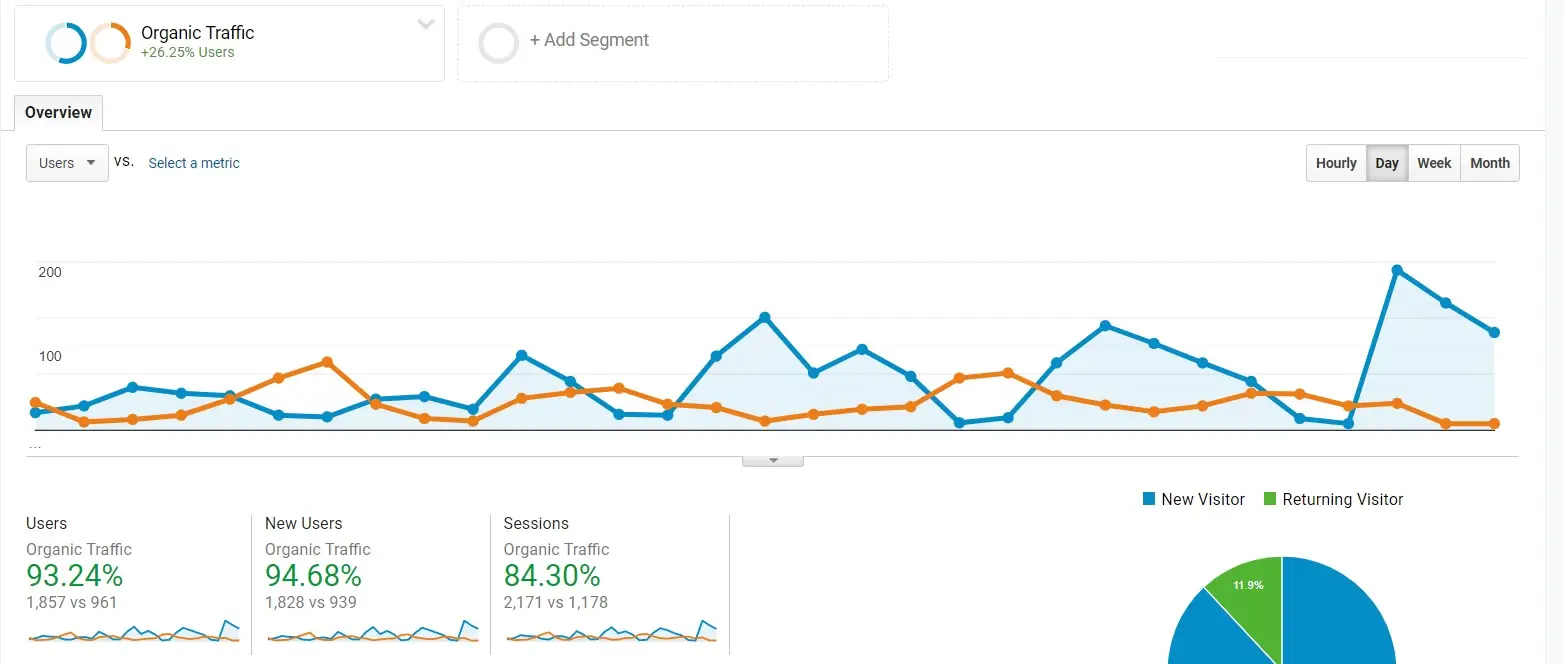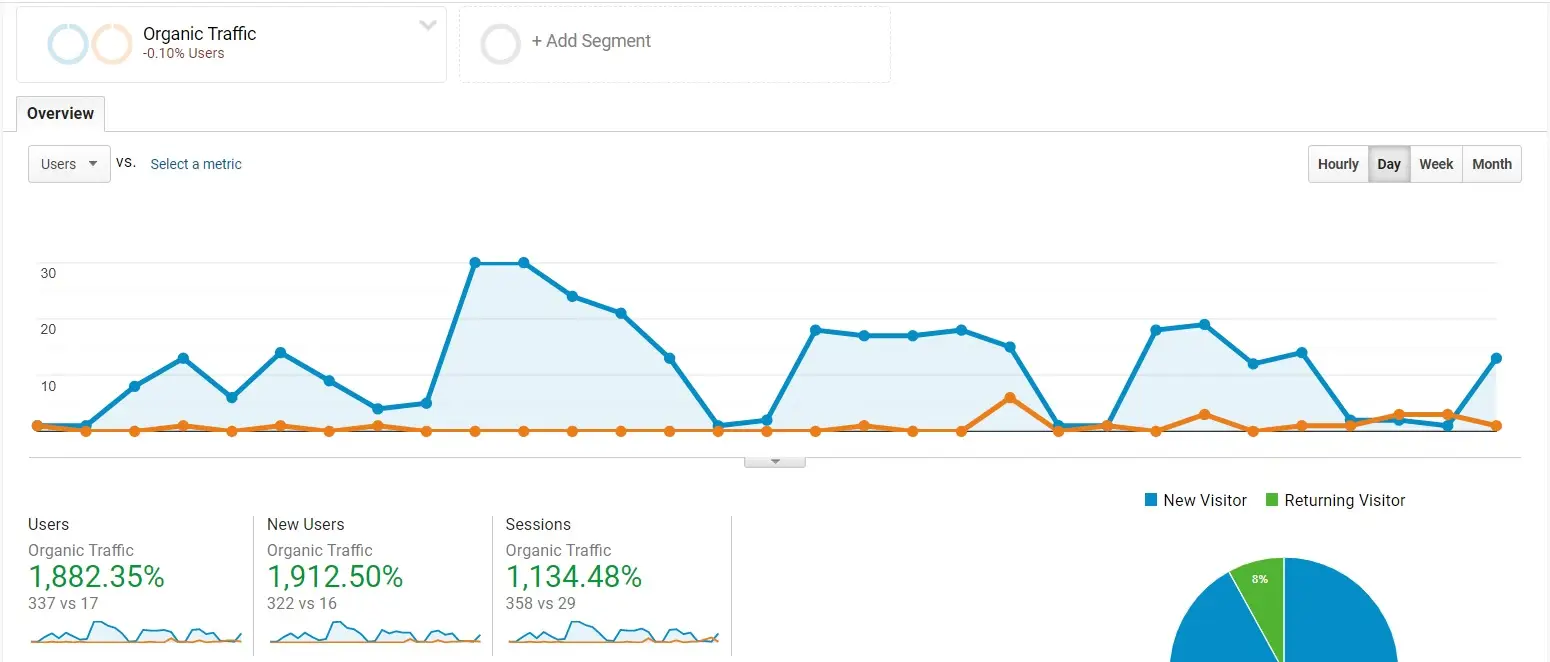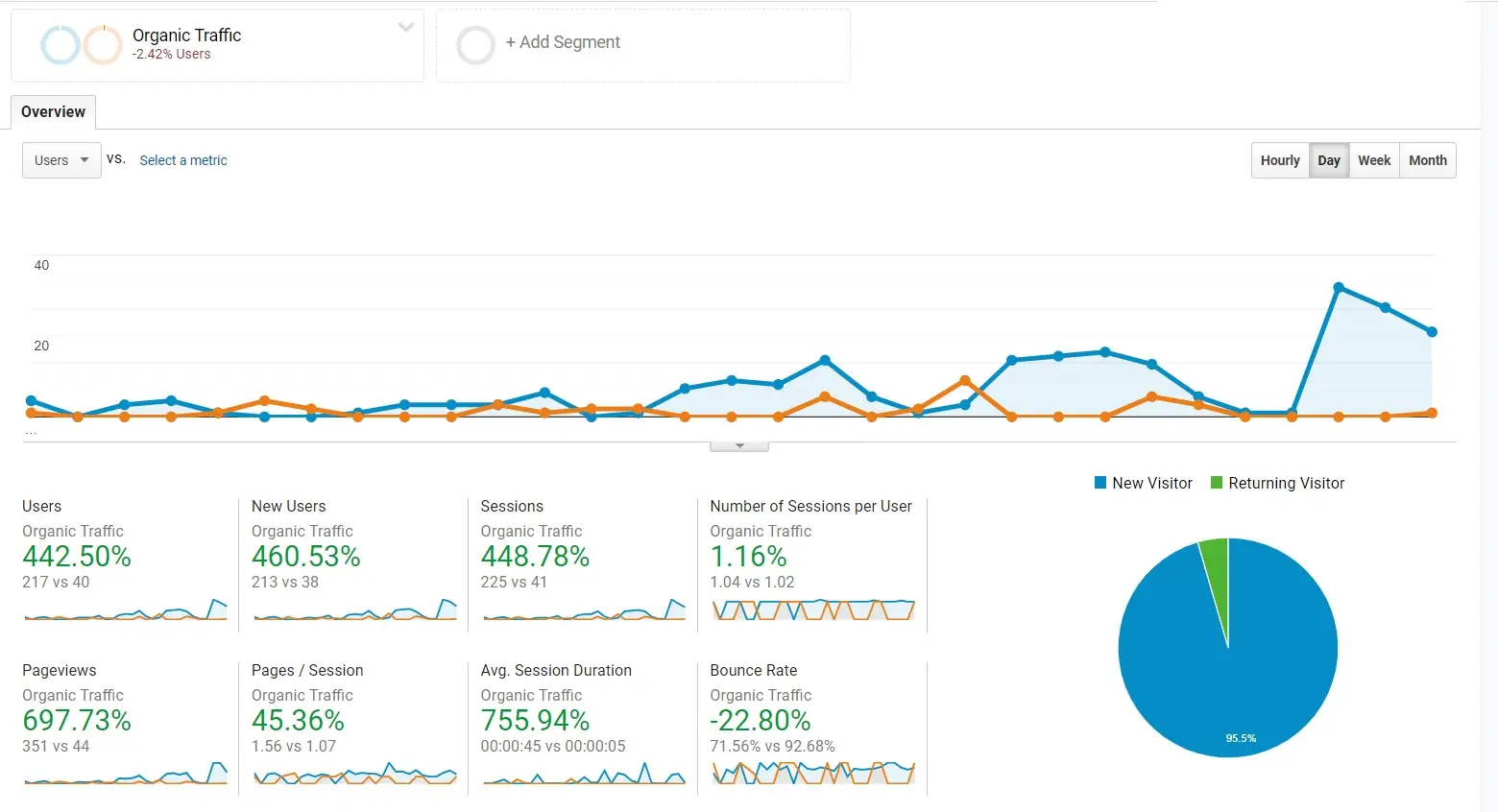Google Keyword Planner
In the dynamic world of online advertising, the success of Google Ads campaigns and effective search engine optimization (SEO) strategies depends heavily on understanding the search behaviors of potential customers. This insight is crucial for creating compelling advertisements and content that resonate with the right audience. At the heart of this approach lies effective keyword research, bolstered by robust tools like the Google Ads Keyword Planner. Together, these components establish a solid foundation for crafting targeted pay-per-click (PPC) campaigns and enhancing online visibility.
1. The Crucial Role of Keyword Research in Google Ads
Keyword research is not just a task; it’s the gateway to understanding what your audience is genuinely searching for. By harnessing tools like Google Keyword Planner and Google Trends, businesses can unveil valuable insights into popular search terms and emerging trends that shape consumer behavior.
1.1 Harnessing Google Keyword Planner
The Google Ads Keyword Planner is a game-changer for optimizing both PPC campaigns and SEO efforts. This powerful tool allows users to brainstorm keyword ideas, evaluate their potential effectiveness, and combine existing keyword lists seamlessly. For instance, a Vermont-based maple syrup producer can uncover relevant search phrases like “artisan syrup” or “breakfast toppings.” These insights allow the business to focus on specific terms that widen its reach and enhance ad performance.
Key Features of Google Keyword Planner
Generating New Keywords: The Keyword Planner allows you to input words or phrases related to your products or services and generates a list of new keyword ideas. This feature is essential for discovering fresh, relevant terms that you might not have considered. For instance, if you sell outdoor gear, typing in “hiking gear” can lead to suggestions like “camping essentials” or “backpacking equipment.”
Combining Keyword Lists: If you already have keyword lists from previous campaigns or research, the Keyword Planner enables you to merge these lists for a comprehensive analysis. This feature helps you see overlaps and gaps in your keyword strategy, allowing for a more cohesive approach.
Analyzing Search Volume and Trends: Understanding how frequently certain keywords are searched is crucial. The Keyword Planner provides data on average monthly searches, which helps you gauge the popularity of a keyword. By analyzing trends over time, you can identify seasonal spikes in interest, enabling you to tailor your campaigns accordingly.
Forecasting Click and Cost Performance: Perhaps one of the most valuable features, this allows you to predict how your selected keywords might perform. You can see estimated clicks, costs, and other performance metrics based on historical data. This predictive analysis helps you allocate your budget wisely, ensuring you invest in keywords that are likely to yield the best results.
1.2 Insights from Google Trends
Complementing the Keyword Planner, Google Trends reveals the popularity of search terms over time and across different regions. This tool helps businesses spot emerging trends or shifts in consumer interests, allowing for timely adjustments in advertising strategies.
For example, if you run a fashion store, Google Trends can help you discover which clothing styles are gaining popularity in specific locations. By analyzing real-time and historical data, businesses can stay ahead of the competition and adapt effectively. Moreover, understanding regional trends can enable localized marketing strategies, ensuring that your ads resonate with specific audiences.

2. The Art of Selecting the Right Keywords
Choosing the right keywords is crucial for maximizing visibility and driving traffic. It informs businesses about which terms potential customers are using, their search frequency, and the costs associated with targeting them. A well-executed keyword strategy can highlight content gaps and unveil opportunities for traffic growth. By analyzing expected clicks and costs per keyword, businesses can fine-tune their ad spend for optimal returns.
2.1 Categorizing Keywords for Success
A thoughtful approach to keyword selection involves categorizing them into three distinct groups:
Brand Terms: These are keywords that include the company’s name. For example, if your business is called “Eco-Friendly Home,” then “Eco-Friendly Home” would be a brand term. These keywords typically have a higher conversion rate since users searching for your brand are often already familiar with your offerings.
Generic Terms: These refer to broader search queries related to your industry or product. For instance, terms like “eco-friendly products” or “sustainable living” fall into this category. While these keywords often have a higher search volume, they may also attract a broader audience, which can lead to lower conversion rates if not targeted effectively.
Related Terms: This category includes keywords that may not directly relate to your product but can still capture relevant interest. For example, a business selling eco-friendly cleaning products might consider related terms like “natural home remedies” or “green cleaning tips.” These keywords can help attract a wider audience who might be interested in your offerings.
Leveraging tools like Google Keyword Planner and Google Trends ensures that the chosen keywords align with user intent, ultimately enhancing campaign effectiveness.

3. Weaving Keyword Research into Your Campaign Strategy
Once you have identified your keywords, the next step is to integrate this research into your overall campaign strategy. Crafting engaging ads that address user needs is essential. Advertisers should focus on creating messages that resonate with their target audience, making sure their campaigns stand out not just in visibility but in appeal.
3.1 Prioritizing Quality Over Quantity
The Keyword Planner champions the idea that quality trumps quantity in keyword selection. It aids businesses in identifying terms that truly resonate with their target audience, allowing advertisers to concentrate on keywords with moderate search volumes and lower competition. This approach ensures budget efficiency while maximizing visibility.
Understanding competitors’ bidding strategies is key. By offering insights into average costs for specific keywords, the Keyword Planner enables businesses to allocate their budgets strategically and avoid overspending on highly contested terms. For instance, if the average bid for a highly competitive keyword is too high, it may be wiser to invest in a less competitive but relevant keyword that offers better returns on investment.

4. Elevating SEO with Google Keyword Planner
While primarily seen as a tool for advertisers, the Google Keyword Planner also provides significant benefits for SEO. This powerful, free resource helps users discover relevant keywords for their campaigns and analyze competitor targeting strategies.
4.1 Discovering New Keyword Opportunities
To start using Google Keyword Planner, create a Google Ads account and navigate to the “Tools” menu. From there, you can uncover new keywords by entering relevant words or website URLs. Although it may yield fewer suggestions than some third-party tools, it often uncovers related terms that expand keyword opportunities.
For example, entering a product description can lead to niche keywords that attract specific audiences. This discovery process is crucial for building a comprehensive keyword strategy that not only serves PPC campaigns but also enhances organic search visibility.
4.2 Filtering for Relevance
After generating potential keywords, filtering for relevance is essential. Irrelevant keywords can muddy your strategy, so utilize the filtering options within Keyword Planner to pinpoint the most pertinent terms. This step can significantly improve the quality of your keyword list, ensuring that your marketing efforts are focused on terms that are directly aligned with your business goals.
4.3 Emphasizing Long-Tail Keywords
Long-tail keywords may have lower search volumes, but they are often easier to rank for due to reduced competition. These keywords, typically consisting of three or more words, are highly specific and cater to niche audiences. Sorting ideas by average monthly searches helps identify valuable long-tail opportunities that are frequently overlooked.
For example, instead of targeting a broad keyword like “shoes,” a long-tail variation such as “comfortable running shoes for flat feet” can attract a more targeted audience likely to convert.
4.4 Analyzing Keyword Data
Thoroughly analyzing filtered keywords is vital for effective keyword research. Each keyword comes with data on average monthly searches, competition level, and suggested bids. By balancing these metrics, you can optimize your content to attract significant traffic and boost conversions.
Understanding the commercial intent behind keywords is also crucial. Keywords with high search volume but low conversion potential may not be worth the investment. Thus, selecting keywords that align with your business objectives and audience intent is paramount for success.

5. Tapping into Trending and Seasonal Keywords
Google Keyword Planner also features metrics for year-over-year changes and seasonal fluctuations, making it easier for businesses to capitalize on rising topics or seasonal demand. Entering keywords related to current events or holidays can unveil timely content creation opportunities.
For example, if you notice a spike in searches for “sustainable gift ideas” around the holidays, it may be the perfect time to launch a marketing campaign highlighting eco-friendly gifts. This ability to adapt to seasonal trends can significantly boost your visibility and relevance in the marketplace.
6. Recognizing the Commercial Potential of Keywords
The “top of page bid” column in Keyword Planner reveals how much advertisers are willing to pay for clicks, offering insights into the marketplace value of specific keywords. High bids typically indicate lucrative search terms worth pursuing. Understanding this commercial potential allows businesses to prioritize their keyword strategy effectively.
For instance, if you find that the top bid for a keyword related to your product is significantly high, it suggests strong competition and potential profitability. By focusing on these high-value keywords, businesses can better position themselves in a competitive landscape.
Conclusion
In summary, keyword research is a cornerstone of any successful Google Ads campaign and a vital element of effective SEO strategy. By harnessing tools like the Google Keyword Planner and Google Trends, businesses can gain invaluable insights into what their customers are searching for. This knowledge empowers the creation of targeted, relevant ads and content that connect with potential customers, ultimately driving increased sales and conversions. For businesses of all sizes, mastering effective keyword strategies can significantly enhance the likelihood of achieving marketing success in today’s competitive digital landscape. By understanding and implementing these practices, you can not only meet your marketing goals but exceed them, establishing a strong presence in the online marketplace.


